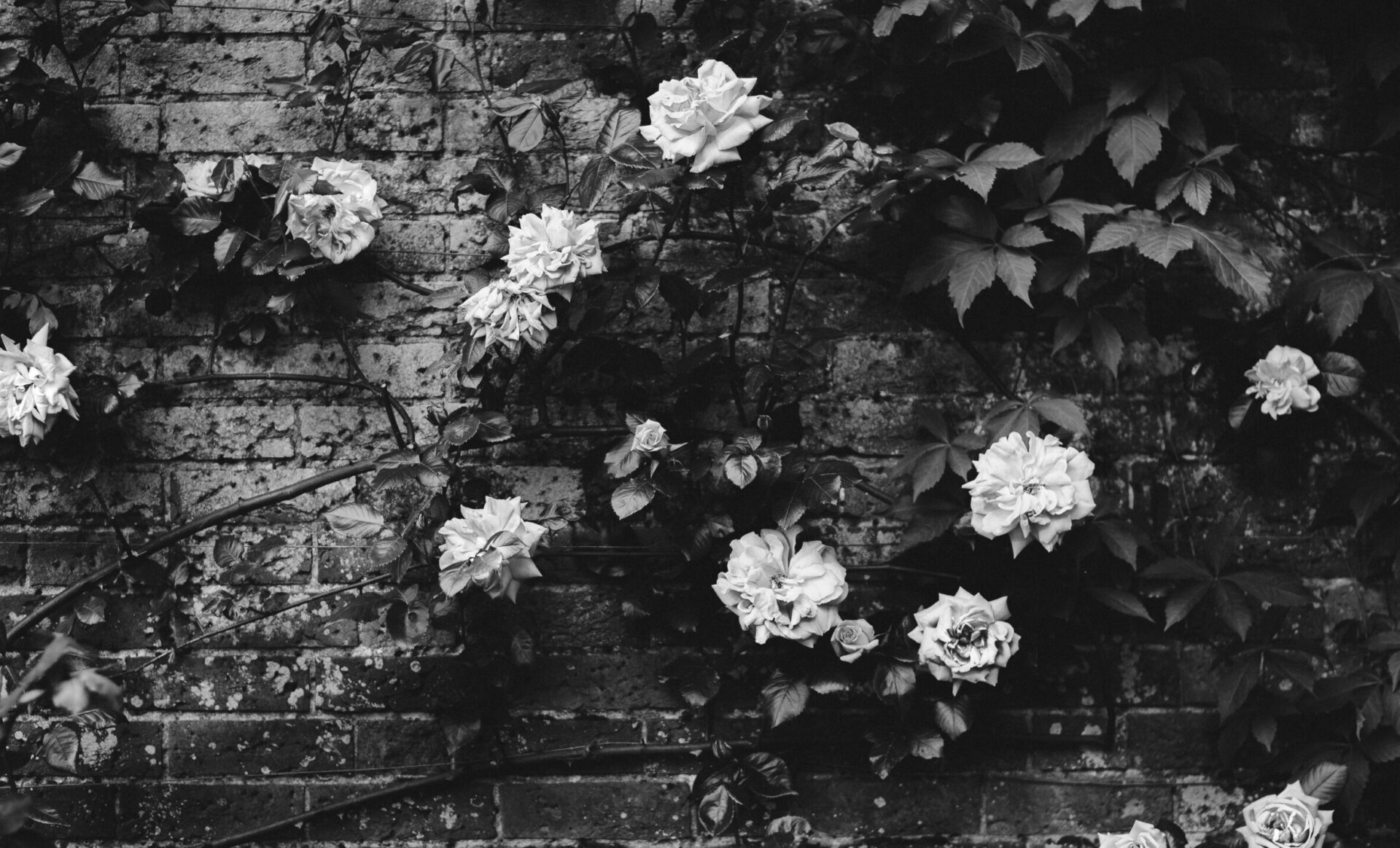UNFINISHED: A NOVEL

UNFINISHED (complete at 120,000 words) joins the renaissance in experimental work in recent years, and its unique form is inspired by the formal inventiveness of books like David Mitchell’s Cloud Atlas, George Saunders’s Lincoln in the Bardo, Ali Smith’s How to Be Both, and Carmen Maria Machado’s In the Dream House. Each chapter pays homage to an unfinished novel or work of art, and a historical or current experimental technique.
For the last five years, 30-something literary darling V.E. Clark has refused all interview requests. When the world finds out that V.E. is dying from ovarian cancer, her publishers send Alice, a well-known biographer whose personal life is slowly falling apart, to discover whether V.E. plans to publish the much talked about novel she’s been working on—even though she might die before it’s complete. As Alice digs into V.E.’s past, a meditation on female literary celebrity as well as all things unfinished in life, and in novels, unfolds—and V.E.’s desire to be seen for who she really is comes into conflict with the mythology that surrounds her and her much publicized feud and then relationship with another writer.
UNFINISHED is a love letter to the experimental tradition that believes the novel is ‘unfinished’ in its evolution and an elegy to the great unfinished novels which captivate us with both what’s on the page and what might have been written. While the book explores and mourns the unrealized potential of the incomplete and unresolved, it also celebrates the beauty and open-endedness of unfinished works and lives—like V.E.’s and the lives of the writers who inspired some of the chapters in the work by writing brilliant but unfinished works before they died. The novel asks readers to think about all the ways in which our inaction, fear, and circumstances beyond our control allow time to pass us by.
And then, an Accident: A Memoir of Invisible Disability

AND THEN, AN ACCIDENT is an auto-theory memoir that examines the personal, cultural, and political impacts of living with an invisible disability. After a head injury, A. H. had to learn how to walk and talk at the same time again and lived for years with extreme brain fog and debilitating fatigue. What she didn’t expect was to have everyone she loved tell her she was a liar or to have to fight against a workplace that suddenly labelled her a burden.
Inspired by works like Maggie Nelson’s The Argonauts, Terese Marie Mailhot’s Heart Berries and Anne Boyer’s The Undying, AND THEN, AN ACCIDENT poetically engages with larger cultural and intellectual questions about what it means to be sick, to not be believed because you have an invisible injury, and to try to find love and connection while dealing with the pain of loss and discrimination.
AND THEN, AN ACCIDENT is an intellectual reckoning with how we treat disabled people that interweaves theory from fields like disability studies, narrative theory, philosophy, cultural theory, psychology and sociology with personal anecdotes about one woman trying to rebuild her life after an injury that devastated it. Tracing the intellectual history of ableism with the acuity of Ibram X. Kendi’s history of racism in Stamped from the Beginning, the book imagines and reaches towards a world where disabled people are treated with dignity.
Reaume is well-known for her personal essays on disability. One of her essays was include in Disability Visibility by Alice Wong, an anthology of the best personal essays on disability in the last twenty years and her essays are taught in classrooms around the world. She was once called the ‘poet of ableism,’ by one of her disabled readers for her skill at telegraphing the pain and articulating the ideology behind ableism.
The Restaurant Scene: A Novel

THE RESTAURANT SCENE draws on recent works that contrast differently situated narratives to discover deeper socio-political and interpersonal realities like Asymmetry by Lisa Halliday and Small Game Hunting at the Local Coward’s Gun Club by Megan Gail Coles.
The novel is set around an eventful evening at a popular high-end restaurant. Focusing on three tables – one celebrating an engagement, another a promotion and the third a birthday — each chapter retells the same scene using different perspectives, frames of reference, styles, and formal interventions. The sections each examine different ways literary realist style has artificially constructed a version of reality and life that focuses on the individual instead of the interdependent and complicated systems we’ve inherited from the past and that that define and connect us in ways that both help and harm each other.
From a chapter inspired by the sedimentary and genealogical structure of Homegoing by Yaa Gyasi but which slowly traces privilege backwards to a slaveholding ancestor to a chapter that tells the ecological impact and stories of the people who farmed the food being served inspired by The Overstory by Richard Power, the novel uses humor, satire and playful formal experiments to ask readers to question how the traditional way we tell stories limits our ability to understand the complex systems in which we live.
With a goal of expanding the breadth and scope of storytelling and how we think about what’s important to know that’s happening in a literary scene, the book is inspired by Raymond Queneau’s iconic experimental work Exercises in Style, which told the same scene 99 different ways to ask questions about style.
